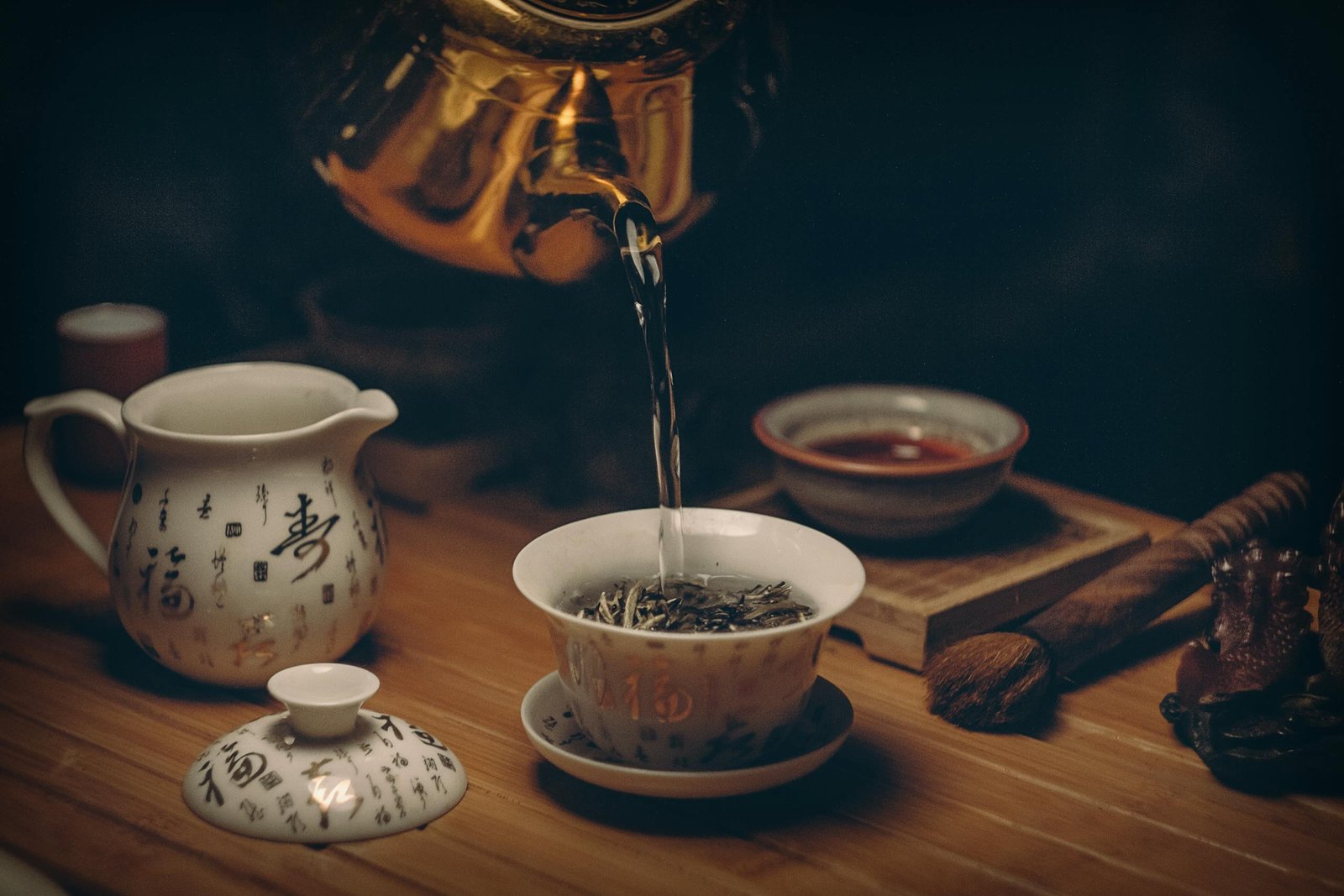Sleep is more than just rest. It’s a doorway into your subconscious, a time when dreams can guide, inspire, and even teach you about yourself. Herbs and teas for lucid dreaming can help you drift into a calm, restorative sleep while enhancing your ability to remember and explore your dreams. They create small rituals that prepare your mind and body for deep rest and spiritual awareness.
Here are some of the most gentle and effective herbs and teas to include in your evening routine:
1. Mugwort
Mugwort has been used for centuries to encourage vivid dreams and dream recall. Drinking it as a tea before bed can help open your awareness to subtle dream messages and symbols.
Beyond its spiritual benefits, mugwort has a calming effect that can ease tension and quiet racing thoughts. Sipping a warm cup before sleep can become a soothing ritual that signals your body it’s time to relax and enter a deeper state of dreaming.
2. Chamomile
Chamomile is a classic for a reason, it relaxes the nervous system and gently eases your mind into sleep. Its floral, mellow flavor makes it easy to enjoy nightly without feeling medicated or heavy.
Drinking chamomile can also create a mindful bedtime moment. Pouring a cup, noticing the steam, and taking a few slow breaths is almost like a mini-meditation. Over time, your mind associates the tea with calm and rest, helping you drift into sleep more peacefully.
3. Lavender
Lavender can be for aromatherapy, but it’s calming effects can also work from the inside out as a tea. Lavender can help soothe stress, lower tension, and encourage a sense of relaxation that carries into dreamtime.
Pairing a warm cup of lavender tea with a quiet pre-sleep routine, like journaling or soft breathing, can enhance dream recall. Its gentle fragrance and taste create an environment where your subconscious feels safe to express itself.
4. Valerian Root
Valerian root is known for its sedative qualities and can help you fall asleep faster while improving sleep quality. It has a slightly earthy taste, so it’s often blended with chamomile or other calming herbs.
Using valerian can also help quiet mental chatter that often blocks dream awareness. When your mind slows naturally, your dreams have space to unfold more vividly and be remembered upon waking.
5. Peppermint
Peppermint is refreshing and soothing, and while it’s not specifically for lucid dreaming, it helps relax your digestive system and can improve overall sleep comfort.
A cup of peppermint tea after dinner or before bed signals a small, mindful transition into night. Its gentle cooling effect can also help calm your body, making it easier to settle in for uninterrupted rest and more vivid dreams.
6. Blue Lotus
Blue lotus has a long history in spiritual and ceremonial use, often linked to dream work and heightened awareness. Drinking it as a tea can support relaxation while subtly opening your mind to imaginative and symbolic dream experiences.
It’s not overpowering, but it invites a quiet shift in consciousness. Savoring blue lotus tea before sleep can be part of a nightly ritual that tells your subconscious it’s time to explore.
🌙 Create a Gentle Tea Ritual
The key is not just which herbs you choose, but how you use them. Pouring a warm cup, inhaling its scent, and taking a few slow breaths can become a nightly signal for rest, mindfulness, and dream awareness. Over time, these rituals help you sleep more deeply, remember your dreams more clearly, and even support your journey into lucid dreaming.

